Covid-19 pandemic
Life will not return to normal until everyone receives the same level of protection. Until that point, social restrictions and border closures will need to remain in place, putting the brakes on the global economy and threatening hard-won steps out of poverty for many developing nations.
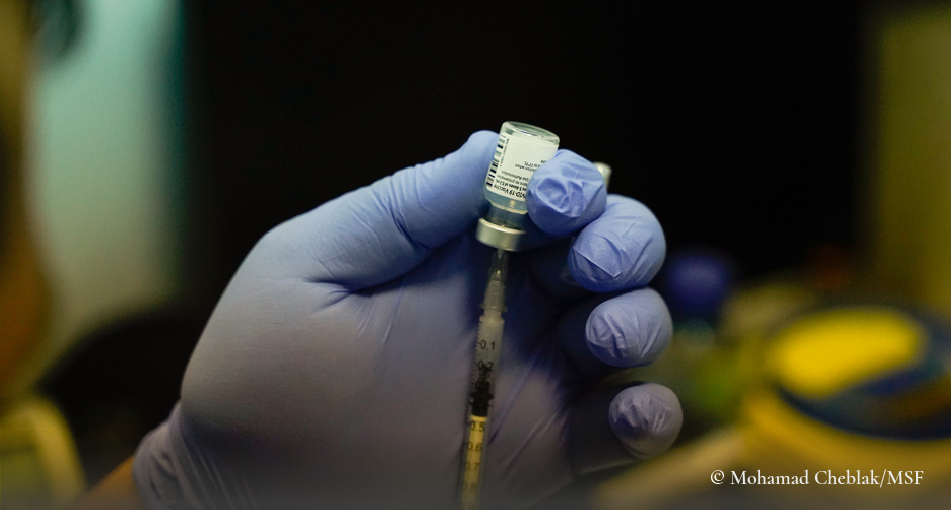
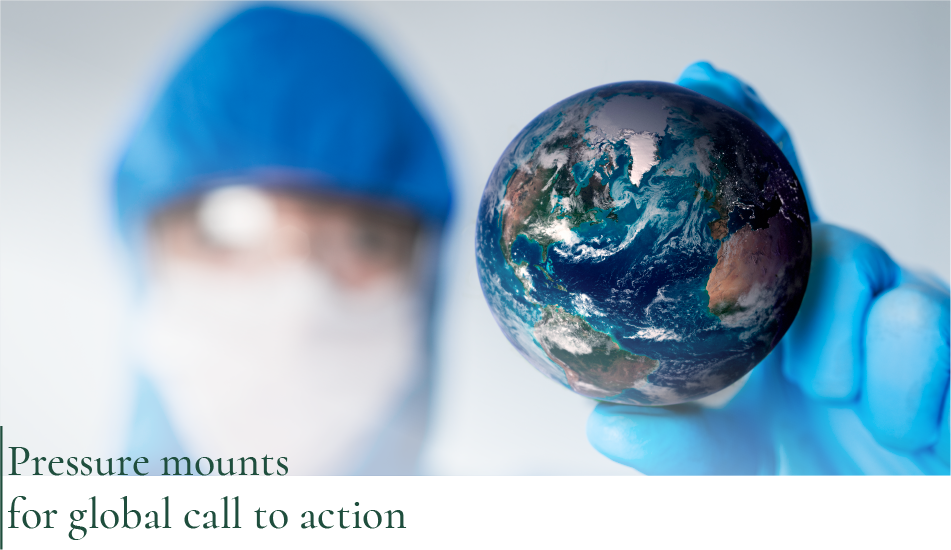
Medecins Sans Frontieres
The rampant spread of the virus in India, which has mutated into a form that may be up to 50 percent more infectious than the original strain, clearly highlights the peril should the disease run out of control. It’s an issue close to the heart of some LUI Che Woo Prize laureates, who are each working hard to tackle multiple problems thrown up by the Covid-19 crisis. Medecins Sans Frontieres (MSF), which won the Prize in 2016 in the Welfare Betterment category, has been lobbying Western governments to improve access to vaccines for lower- income countries.
Secured enough doses to protect its entire population of 330 million
The non-profit organisation has welcomed the Biden administration’s pledge to donate 20 million doses through the vaccine-sharing programme COVAX by the end of June, but says it’s still just a drop in the bucket compared with what will actually be needed to bring the acute phase of the pandemic to an end.
It said the U.S. government has secured enough doses to protect its entire population of 330 million and still have more than half a billion surplus vaccines left over.
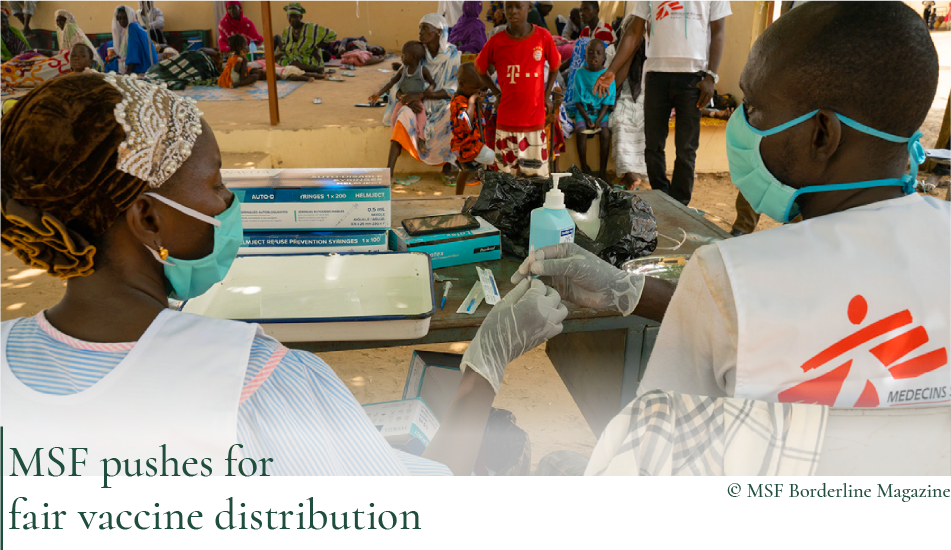
“Allowing unused vaccines to sit on shelves while people all over the world continue to live in constant fear of being infected isn’t just wrong, it’s dangerous,” said Dr Carrie Teicher, Director of Programs at MSF-USA in a press release. “The longer Covid-19 ravages various countries across the globe, the greater the threat that can undo the progress the U.S. has made within its own borders.”
“This pandemic won’t be over for anyone until it’s over for everyone, everywhere,” said Dr Carrie Teicher. The organisation has also been lobbying hard to persuade reluctant Western governments to back the so-called TRIPS waiver, which was proposed by South Africa and India to the World Trade Organisation and calls for the waiver of intellectual property rights to allow pharmaceutical companies to share their technology. The U.S. has said it will back the initiative in the spirit of putting the global good over commercial profit.
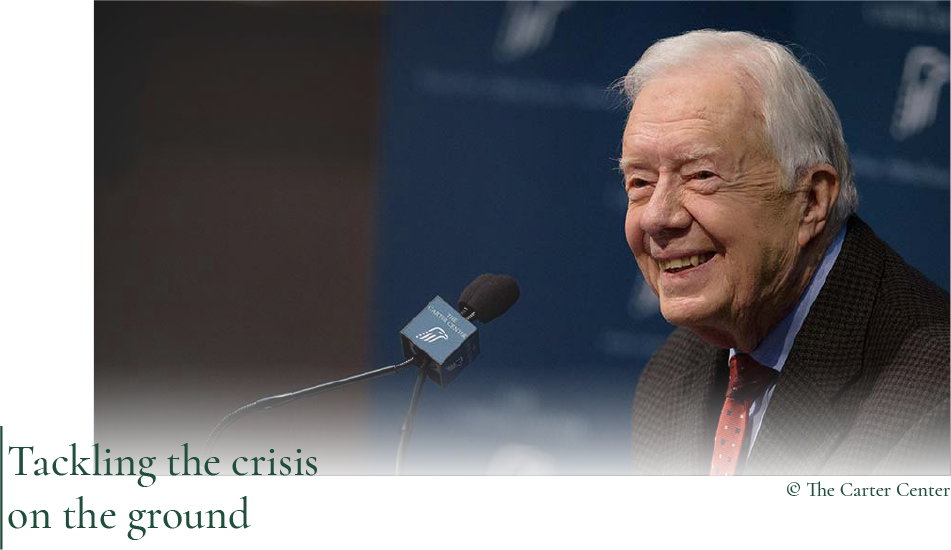
Helping to educate on health promotion and sanitation
On the ground, MSF continues its work in some of the world’s harshest environments seeking to provide support to medical authorities and to keep essential medical services running. MSF teams are responding directly to the Covid-19 crisis in 40 countries around the world, providing equipment such as isolation tents, but also helping to educate on health promotion and sanitation.
These concerns about inequality are also shared by former U.S. President Jimmy Carter, who was the 2016 LUI Che Woo Prize Laureate in the Positive Energy category. He has urged the U.S. government to take a global leadership role in combating the pandemic, warning that an estimated two-thirds of the world population is unlikely to get a vaccine until 2022.
Helping to combat the virus
At the onset of the pandemic, Dr Doudna and her colleagues at the Innovative Genomic Institute in Berkeley mobilised to create a rapid test for Covid-19, realising that early detection will be key to preventing spread.
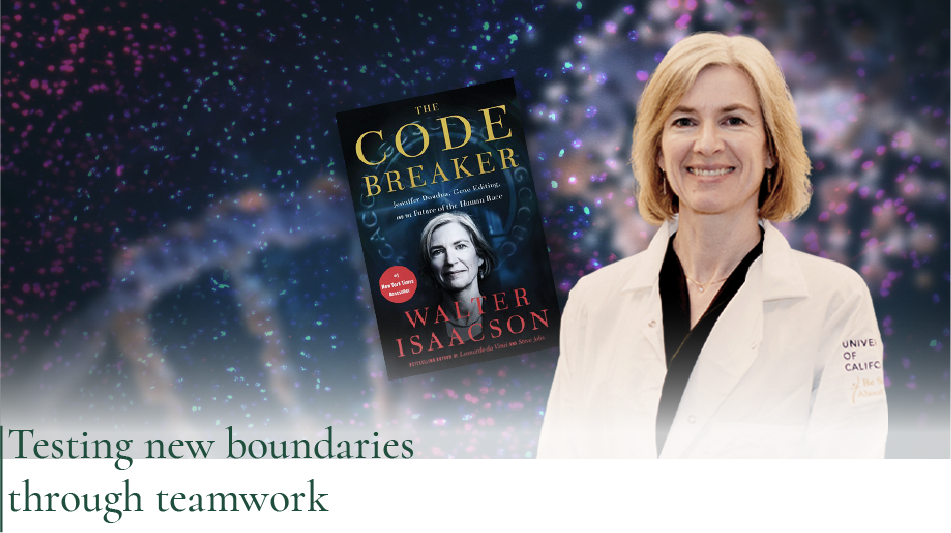
The scientists have employed CRISPR technology to create a test that can deliver results in 15 to 30 minutes, rather than several days. They are also working on anti-viral medicines to treat the disease. Dr Doudna has been lauded for her spirit of collaboration, highlighting how working together we can be more effective in tackling issues that face the world. This is a key tenet of the LUI Che Woo Prize philosophy.
The scientist is the subject of a new book by Professor Walter Isaacson called The Code Breaker. He told the Smithsonian magazine that Dr Doudna is the model of an innovator, “somebody who is collaborative, who is very persistent and competitive but knows how to bring people together,” he said, adding that Dr Doudna and many young researchers he has encountered have a “joyful we’re all in it together spirit.”
The test that Dr Doudna and her colleagues are developing also gives an estimate of viral load, which can help doctors monitor the progression of the disease and how contagious the patient might be. “One reason we’re excited about CRISPR-based diagnostics is the potential for quick, accurate results at the point of need,” Dr Doudna said. “This is especially helpful in places with limited access to testing or when frequent, rapid testing is needed. It could eliminate a lot of the bottlenecks we’ve seen with Covid-19.”
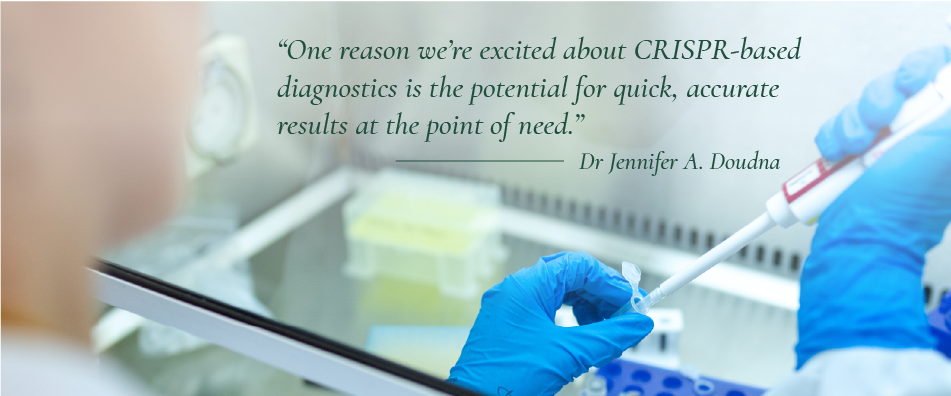
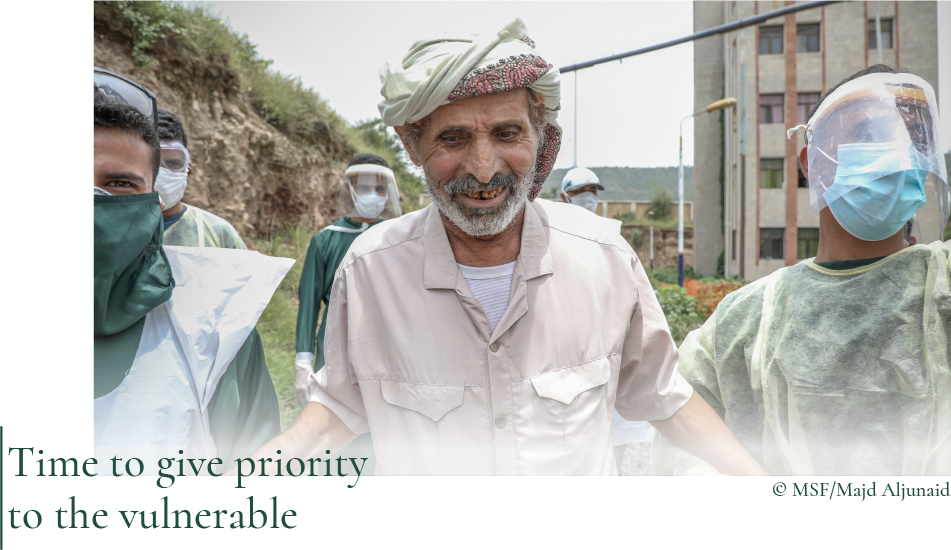
The fight against Covid-19
In the fight against Covid-19, time is of the essence and equitable access to vaccines will be a key component of that battle, ensuring that the protection is given to the most vulnerable rather than to those who can afford it.
MSF urges that governments having Covid-19 vaccines more than enough to vaccinate their entire populations and have started to vaccinate their low-risk groups must urgently share their vaccine doses through the COVAX Facility to help in the global efforts containing the pandemic. Governments that are willing to share their doses cannot wait until herd immunity has been reached in their own countries neither keep the vaccines unused and go wasted. They must share now to most effectively tackle this pandemic.
Resources shape actions, and financial institutions have a role in funding or defunding the fossil fuel sector. The Glasgow Financial Alliance for Net Zero (GFANZ) – a coalition of more than 450 banks, insurers, and asset managers across 45 countries – collectively committed over $100 trillion towards the goal of net zero for the next three decades. Simultaneously, the alliance has been criticised, as many participating banks provide financial support to fossil fuel companies. This can be done through direct investment as well as by taking on the liability of bonds, i.e. underwriting, as detailed in the latest fossil fuel finance report by the Rainforest Action Network. Banks are the “primary gatekeepers of capital” for much of the world, therefore they have immense power and influence over climate action.
